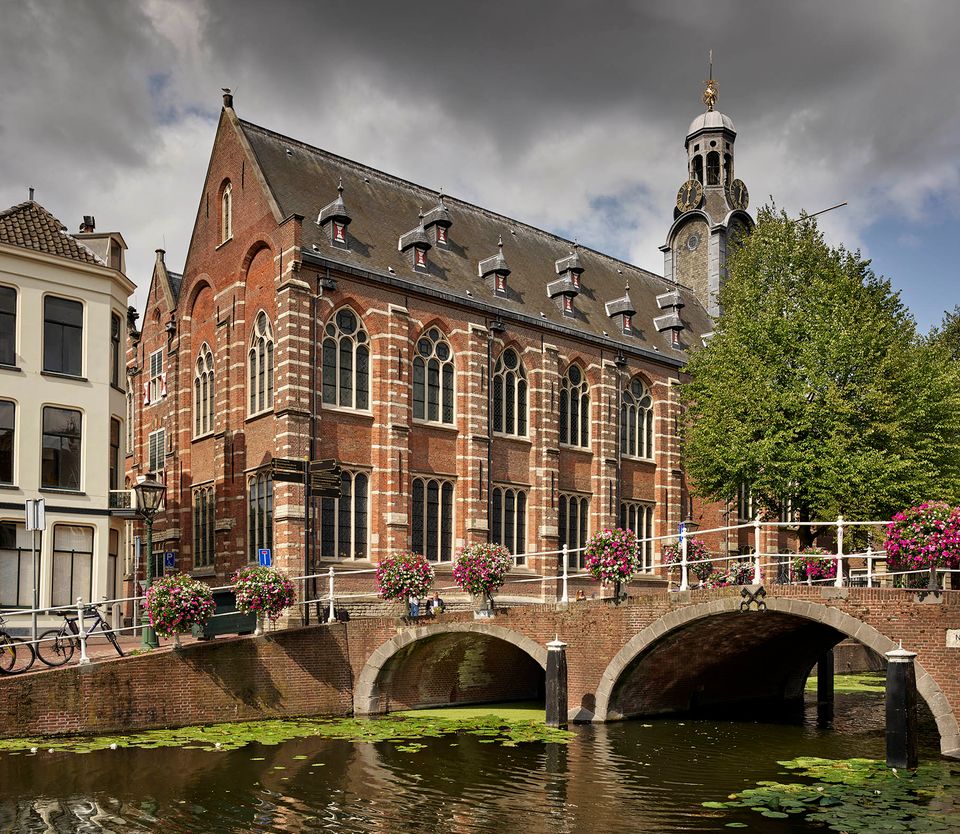Higher Education

Higher education in the Netherlands is known for its high quality. Here you can find an overview of the main differences between the education system, degrees, and the different higher education institutions
Research Universities (WO)
Research universities are mainly responsible for offering research-oriented degree programmes (more theoretically based) in an academic setting. Many programmes at research universities also have a practical aspect and most graduates are able to find internships, work, and work opportunities both within academia as well as in a wide variety of other fields. According to Study in Holland 2020, the enrolments at research universities is ranging from 6,000 to 30,000 students. Altogether they enroll approximately 240,000 students.

Duration of academic study programmes:
- Bachelor of Arts (BA): 3 years
- Bachelor of Science (BSc): 3 years
- Master of Arts (MA): 1-3 years
- Master of Science (MSc): 1-3 years
- Professional Doctorate in Engineering (PDEng): 2 years
- PhD: 4 years
- LLB: 3 years
- LLM: 1 year
University of Applied Sciences (Hogeschool)
The universities of applied sciences ('hogescholen') offer HBO (higher professional education) programmes that focus on the practical application of arts and sciences.
Gaining practical work experience through internships, practical projects, and assignments is an important part of the study programmes offered at the HBO level. According to Nuffic, 2020, the largest universities of applied sciences enroll 20,000 to 40,000 students. Around 446,000 students are enrolled in HBO programmes overall.

Secondary Vocational Education (MBO)
'MBO' refers to middelbaar beroepsonderwijs, or secondary vocational education. Depending upon the level of training, MBO can take up to four years, preparing students for a variety of occupations in sectors ranging from hospitality and tourism to IT and construction.
MBO courses have two different learning pathways: a 'school-based' one (BOL) and a 'work-based' one (BBL). Both pathways lead to the same qualifications, however they differ in the amounts of time spent on work placements versus in classes, with the BBL pathway students spending more than 60% of their time doing practical training in comparison to BOL's 20% - 60% time in practical training.



